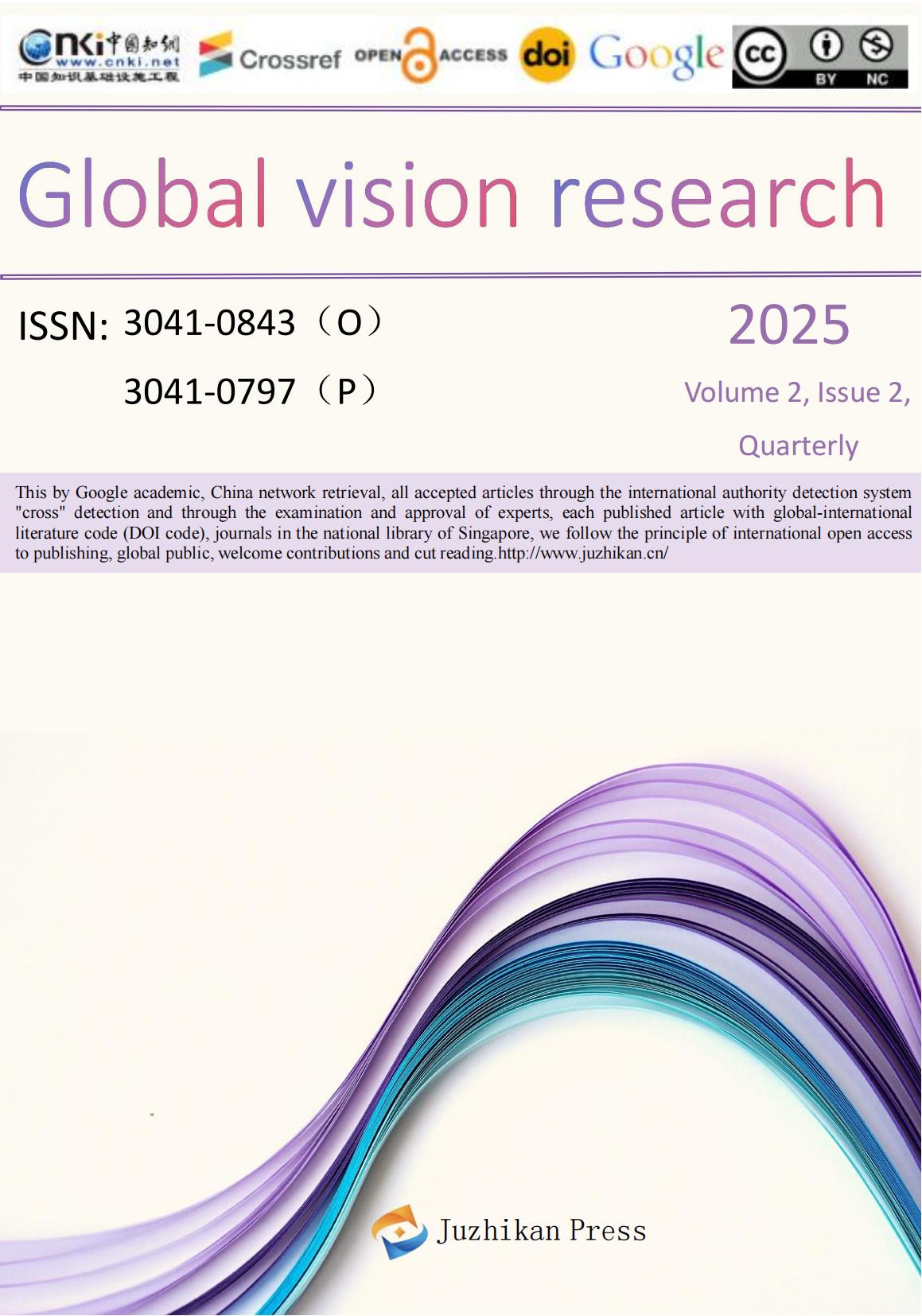
 info@juzhikan.asia
info@juzhikan.asia
 info@juzhikan.asia
info@juzhikan.asia
Pre-service Teachers’ Intelligent Education Literacy in the Age of AI: Conceptual Reconstruction, Practical Challenges, and Developmental Pathways
Chengrong Shi
Zhejiang Normal University,Jinhua, Zhejiang,321004;
Abstract:In the age of artificial intelligence, educational ecosystems are shifting toward human-machine collaboration, requiring teachers to transition from knowledge transmitters to co-educators. As the future backbone of the teaching profession, pre-service teachers’ intelligent education literacy significantly impacts the process of educational digitalization. This paper traces the evolution of intelligent education literacy from information literacy to digital competence and finally to intelligent education literacy. It clarifies the connotation of this concept, analyzes the urgency of its development, identifies challenges such as structural imbalance, outdated training systems, and low acceptance among pre-service teachers, and proposes developmental strategies including immersive scenario-based experiences, curriculum restructuring, and collaborative practices. These strategies aim to equip future educators to thrive in the emerging human-AI symbiotic education environment.
Keywords: Artificial Intelligence Era; Pre-service Teachers; Intelligent Education Literacy
References
[1] Ma, M. (2024). A Qualitative Analysis of Pre-service English Teachers’ Acceptance of Generative Artificial Intelligence Based on the UTAUT Model. Computer-Assisted Foreign Language Education, (4), 67–73.
[2] Wang, R., & Li, M. (2023). Intelligent Education Literacy of Pre-service Teachers: Framework Construction, Status Quo, and Development Paths. China Educational Technology, (3), 120–126.
[3] Zheng, W., & Wang, Y. (2024). The Normative Direction of Pre-service Teacher Education in the Age of AI: Role Reconstruction and Path Innovation. Higher Education Exploration, (6), 57–63.
[4] Zhou, Y., Wu, Y., & Cai, L. (2022). Teacher Education Reform Toward Human-AI Collaborative Education. E-Education Research, (10), 5–11.